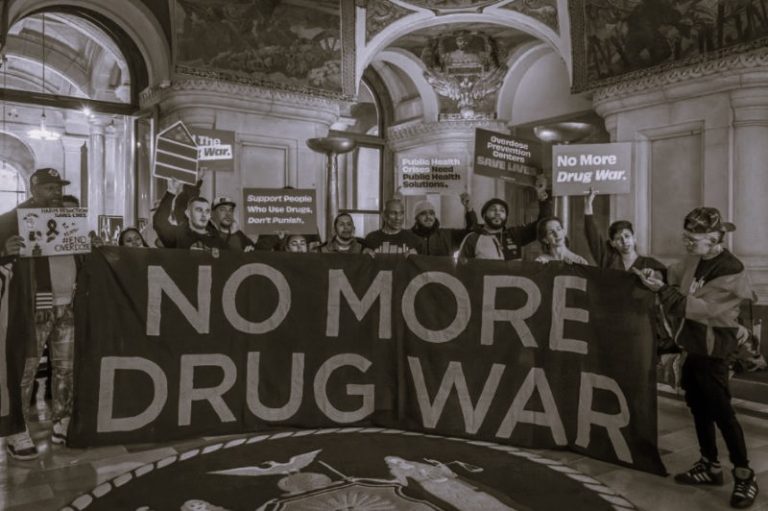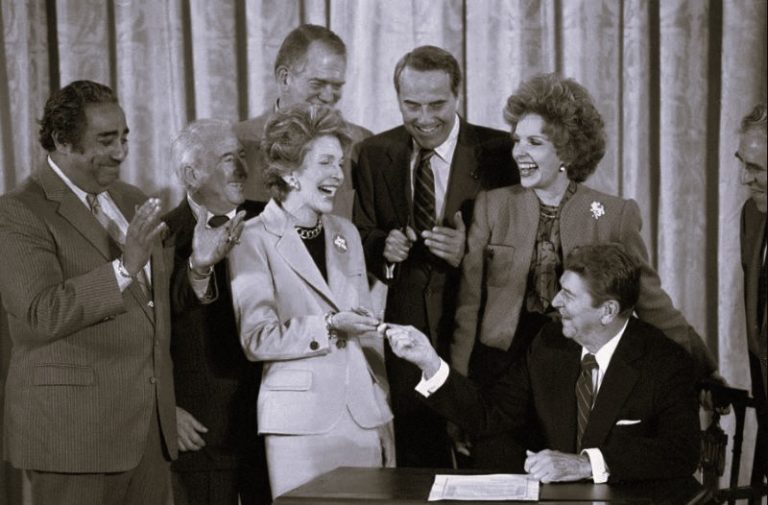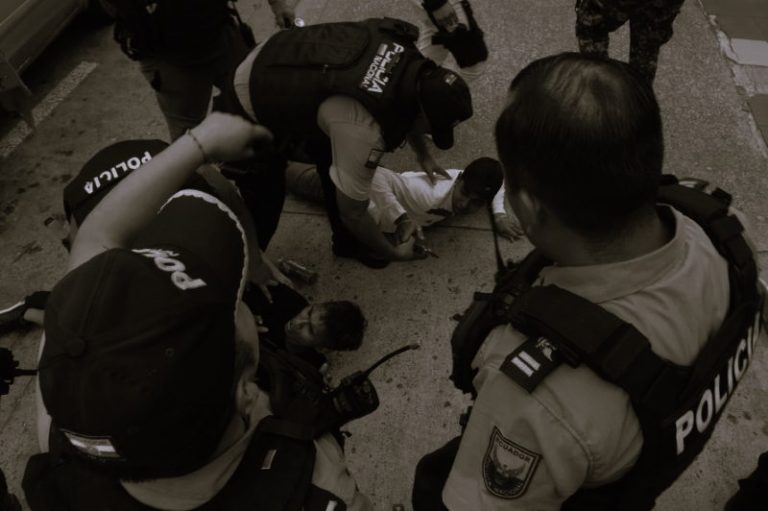The signatories are urging UN Secretary General Ban Ki-moon to usher in “real drug reform policy.” (Photo: Reuters)
Over 1,000 signatories, including Bernie Sanders and Elizabeth Warren, say it’s time for drug reform based in “science, compassion, health, and human rights”
By Nadia Prupis
More than 1,000 world leaders, celebrities, and other societal figures have signed a letter calling for an end to the “disastrous” drug war ahead of an upcoming United Nations summit to discuss the organization’s nearly two-decade-long campaign against narcotics.
“Humankind cannot afford a 21st century drug policy as ineffective and counterproductive as the last century’s,” reads the letter, organized by the Drug Policy Alliance (DPA), a drug reform advocacy group.
The signatories, which include Sens. Bernie Sanders (I-Vt.) and Elizabeth Warren (D-Mass.) as well as the former presidents and prime ministers of Mexico, Colombia, and the Netherlands, among others, are urging UN Secretary General Ban Ki-moon to usher in “real drug reform policy,” one grounded in “science, compassion, health and human rights.”
It is published ahead of the UN General Assembly Special Session on Drugs, which is scheduled to take place next week in New York, and follows similar condemnations of the drug war by health experts and former Latin American heads of state.
The letter reads:
The drug control regime that emerged during the last century has proven disastrous to global health, security, and human rights. Focused overwhelmingly on criminalization and punishment, it created a vast illicit market that has enriched criminal organizations, corrupted governments, triggered explosive violence, distorted economic markets, and undermined basic moral values.
Governments devoted disproportionate resources to repression at the expense of efforts to better the human condition. Tens of millions of people, mostly poor and racial and ethnic minorities, were incarcerated, mostly for low-level and non-violent drug law violations, with little if any benefit to public security.
As DPA executive director Ethan Nadelmann said on Thursday, “The influence and diversity of the leaders who signed this letter is unprecedented.”
“Never before have so many respected voices joined together in calling for fundamental reform of drug control policies—in particular limiting ‘the role of criminalization and criminal justice…to the extent truly required to protect health and safety’,” Nadelmann said.
The General Assembly will meet from April 19-21 in the first summit of its kind since 1998, and was bumped up two years ahead of schedule after requests from Mexico, Guatemala, and Colombia, which are on the frontlines of the so-called War on Drugs. The Mexican Supreme Court ruled in a landmark decision last November that individuals have the constitutional right to grow and distribute marijuana for personal use, a nonbinding opinion that nonetheless opens the door to legalization.
The letter also criticizes the UN for failing to follow through on Secretary Ban’s call last year for governments to “conduct a wide-ranging and open debate that considers all options.”
“We were encouraged last year, Mr. Secretary General, when you urged governments to use the UNGASS opportunity ‘to conduct a wide-ranging and open debate that considers all options.’ This, by and large, has not happened—at least within the confines of the United Nations,” the letter states. “Your leadership is now required to ensure that the seeds of reform are nourished, not discarded, and that the stage is set for real reform of global drug control policy.”
As Nadelmann said, “We’ve come a long way since 1998, with a growing number of countries rejecting drug war rhetoric and policies.” That also includes Portugal’s decriminalization of all drug possession and landmark legislation in various U.S. states that legalized recreational marijuana use.
“But the progress achieved to date pales besides the reforms still required,” Nadelmann said.
Other signatories to the letter include Sens. Cory Booker (D-N.J.) and Jeff Merkley (D-Ore.); dozens of former justice and health ministers; celebrities such as Jane Fonda, Woody Harrelson, and Rita Marley; business moguls and philanthropists like Warren Buffett, Richard Branson, and George Soros; and noted figures including Angela Davis, Gloria Steinem, and Black Lives Matter co-founder Alicia Garza.








